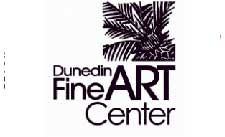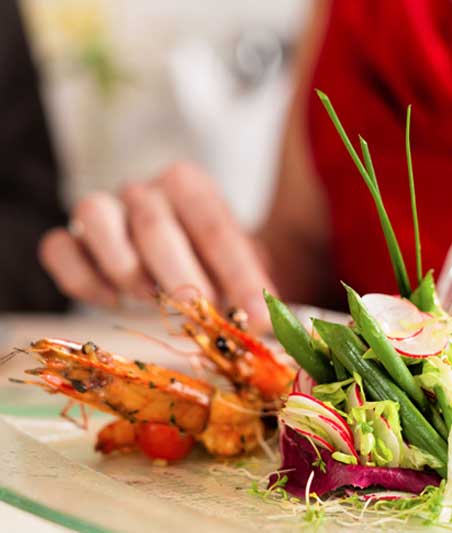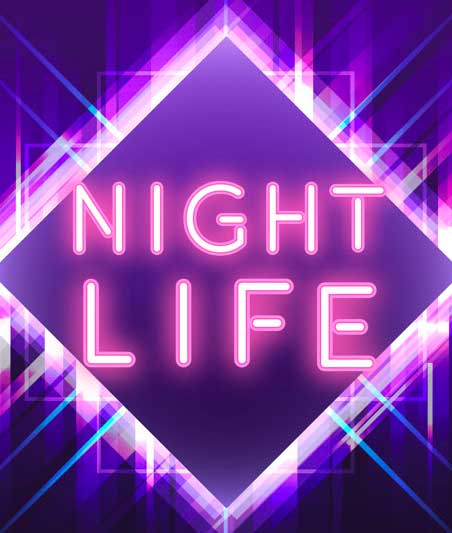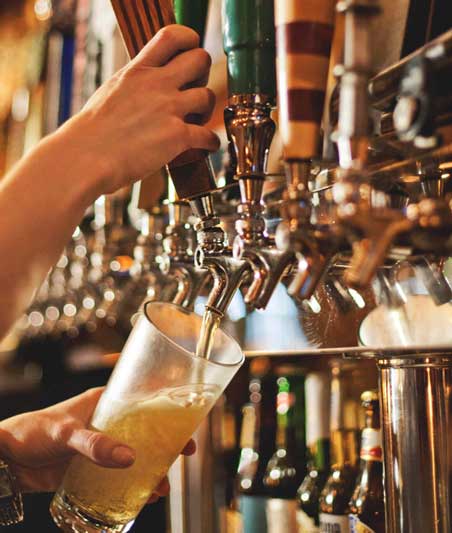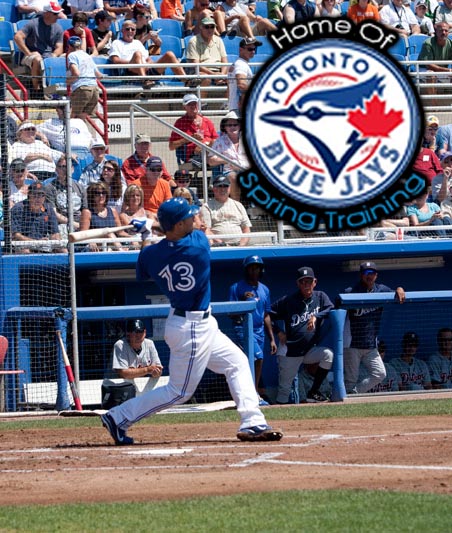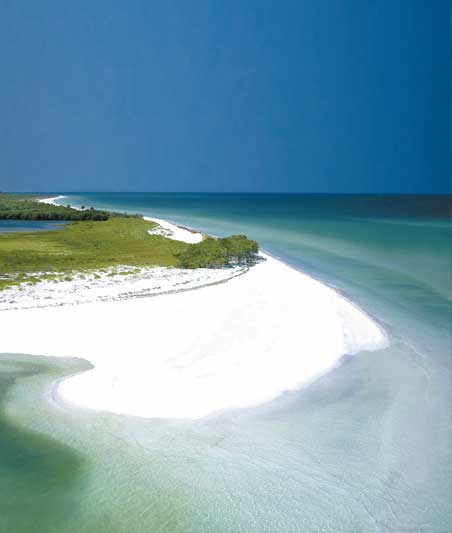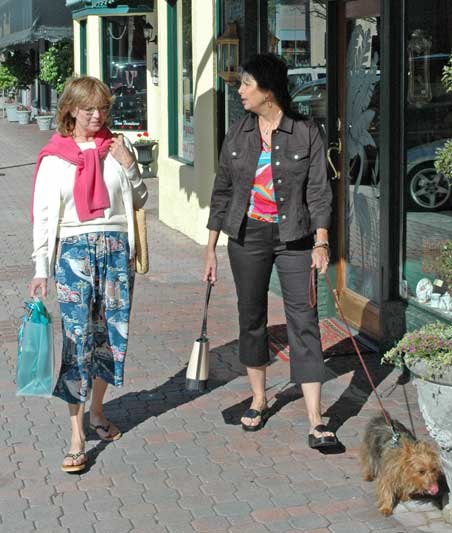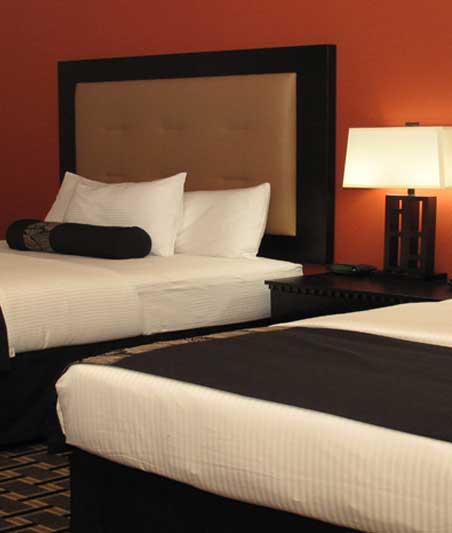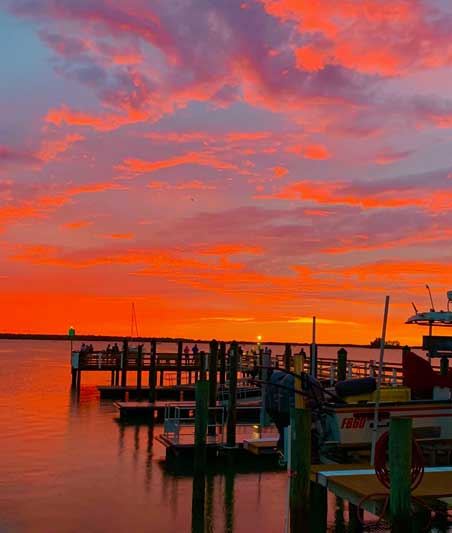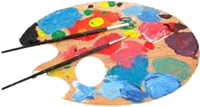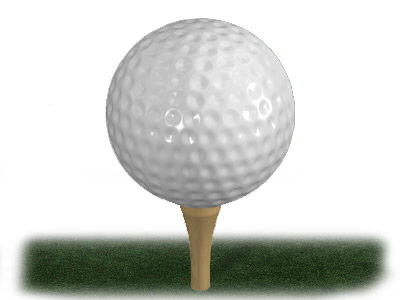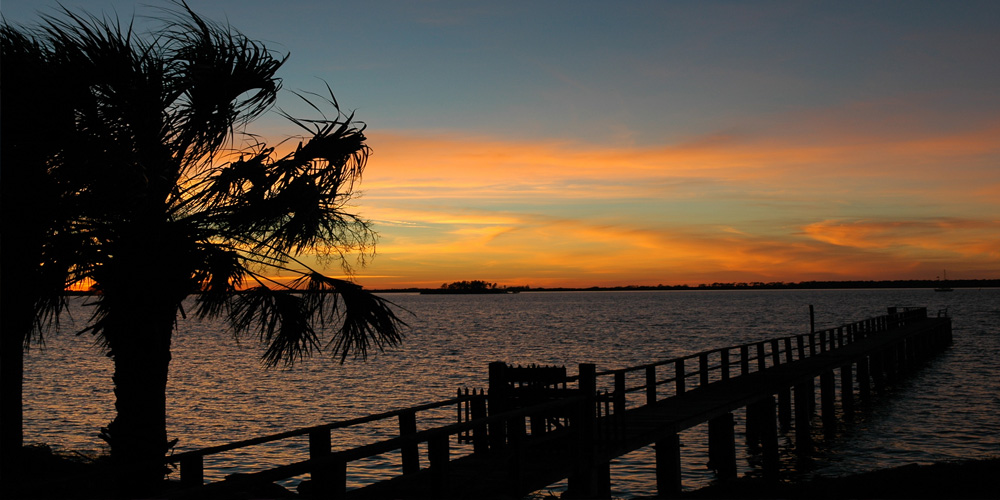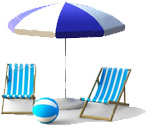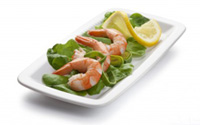
Our Celtic Roots
How it Began...
Dunedin - with its charming, village-like setting - is proud of the rich Scottish heritage of its founding fathers. Residents celebrate that heritage annually with a number of events, including the Dunedin Highland Games & Festival in the spring and the Dunedin Celtic Festival in the fall.
If it hadn't been for two early settlers, the town might still be named Jonesboro.
About 30 years after the first land deed in the area was recorded, George L. Jones took it upon himself to give the community a name. He placed a sign over his general store that read "Jonesboro." Not everyone cared for the appellation.
Along came J.O. Douglas and James Somerville, who had recently settled in the community. According to the tale, these two Scottish merchants - originally from Edinburgh, Scotland - opened their own store and purchased the local post office. They then successfully petitioned to change the name of the town to Dunedin.
For many decades, the only connection between Dunedin and its Gaelic roots was its name.
In the 1960s, a former Dunedin mayor thought it was high time the city did more to promote its heritage. Robert Longstreet was instrumental in launching a piping program at the local school. The Dunedin Junior High Highlanders made its first appearance in the Festival of States Parade in St. Petersburg.
The establishment of the school's pipe band led to the city's own Dunedin Pipe and Drum Corps as well as other bands and groups of Highland dancers. Dunedin entered into a sister-city relationship with Stirling, Scotland.
The city's newfound focus on exploring its cultural roots culminated in the inaugural Dunedin Highland Games in 1967.






